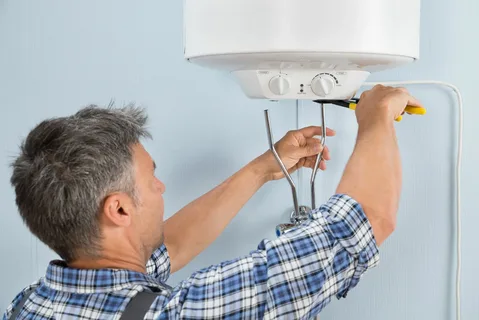Like buying a home, buying a car requires research, planning, patience, and, of course, a budget. If you depend on a car for a significant amount of your transportation, you literally can’t afford the associated costs to maintain, repair, insure, and fuel it if they don’t fit comfortably within your budget.
So before you start searching auto sites and looking for the best used car prices, sit down with your favourite spreadsheet program or a pen and paper and take your time coming up with a realistic car budget. These are the factors that go into one.
Table of Contents
Assessing Your Finances
First things first, take a good hard look at your finances. Calculate your monthly income, subtract your expenses (rent, bills, groceries, Netflix, everything), and see how much money you have left. This will give you an idea of how much you can realistically allocate toward car payments each month.
Consider a Down Payment
Now, let’s talk down payment. Putting some cash down upfront can help you get a better deal and reduce your monthly payments. Aim for at least 10-20% of the car’s total cost. If you have some extra savings stashed away, use it wisely to lower your financial burden.
Read the Fine Print Regarding Loan Terms
If you’re planning to finance your car, think about the loan terms. The longer the loan term, the lower your monthly payments, but keep in mind that you’ll end up paying more in interest over time. Try to strike a balance between a reasonable monthly payment and a term that won’t leave you paying for the car long after it was taken to the junkyard.
Insurance & Maintenance Costs
Owning a car isn’t just about the purchase price and taxes. You’ll also need to factor in insurance and maintenance costs. Insurance rates vary depending on factors like your age, location, and driving record. Get quotes from different insurance companies to get a ballpark figure. And don’t forget to budget for routine maintenance, repairs, and routine oil changes.
Research and Compare
Armed with your budget in mind, start doing some serious research. Check out different car models, their prices, and the features they offer. Consider both new and used cars – used cars are often a more budget-friendly option. Make a list of your top choices and compare prices from various dealerships or private sellers. Remember, patience is key. Don’t rush into a purchase without doing your homework.
Test Drive and Inspect
Once you’ve narrowed down your options, schedule some test drives. Get behind the wheel, take the car for a spin, and see if it fits your needs and preferences. Also, don’t forget to have a trusted mechanic inspect any used car you’re interested in to ensure there are no nasty surprises waiting for you.
Negotiate Like a Pro
Negotiation is an essential skill when it comes to buying a car. Don’t be afraid to haggle a bit with the seller. You might be surprised by the discounts or extras they’re willing to throw in to make the sale.
Stick to Your Budget
Lastly, and most importantly, stick to your budget. It’s easy to get carried away when you’re surrounded by shiny cars and persuasive salespeople. But stay focused and prioritize your financial well-being, and you won’t end up working for your car.
So, there you have it. By following these steps and being mindful of your finances, you’ll be well-equipped to determine your budget for a new or used car purchase. Happy car hunting!





